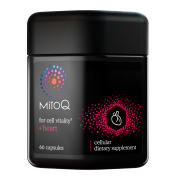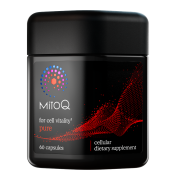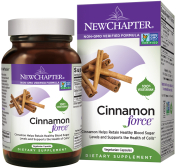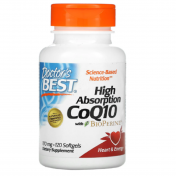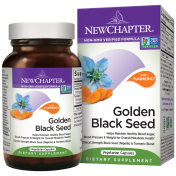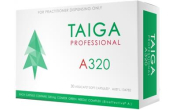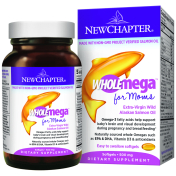Cholesterol
Cholesterol is a fatty substance that occurs in small particles in our bloodstream. These particles are surrounded by a layer of protein, which allows cholesterol to be effectively transported through the blood. Cholesterol is often labeled as a 'bad' substance, but the body actually requires it to function properly. Cholesterol is a building block for cells and hormones, provides energy for metabolism, and plays a role in the production of bile. While a small portion of the necessary cholesterol comes from dietary sources, most of it is produced in the liver. Normally, the liver produces just the right amount of cholesterol for the body to function properly.
Types of Cholesterol
Cholesterol and triglycerides are the two primary body fats, and cholesterol can be further divided into LDL cholesterol and HDL cholesterol. LDL cholesterol is commonly referred to as "bad" cholesterol because having high LDL cholesterol increases the risk of narrowing in your arteries. Typically, you only hear about LDL as "bad cholesterol," but there are other important cholesterol particles as well. VLDL, IDL, and Lp(a) also contain cholesterol and contribute to arterial calcification. Together, they are collectively referred to as non-HDL. HDL cholesterol is the counterpart to this group and is known as "good" cholesterol because this variant protects you against cardiovascular diseases. HDL particles work to break down excess cholesterol in the liver. Your blood also contains triglycerides, which are body fats mainly derived from your food. They serve as an energy source for the body, but high triglyceride levels are also associated with arterial calcification.
How to Lower Your Cholesterol Naturally
You can lower your cholesterol through healthy eating, weight loss in case of overweight, and regular exercise. Natural substances can also be helpful. When measuring your cholesterol, your LDL and HDL cholesterol levels and your triglyceride levels are important. The focus is on the total values and the ratio between LDL and HDL. You can lower or maintain your cholesterol level yourself by paying attention to your diet. General advice for those who want to maintain a healthy cholesterol level includes quitting smoking, losing weight if necessary, getting enough exercise, and reducing saturated fat intake. You can lower your cholesterol with a healthy lifestyle!
How to Naturally Lower Your Cholesterol
Turmeric is currently one of the most popular spices and is the subject of extensive research. One of turmeric's properties is that it contributes to maintaining normal blood cholesterol levels. Various cholesterol supplements with turmeric as the main ingredient are available, such as Ergomax's Curcuma. Another natural product commonly used to lower cholesterol is green tea. Green tea is good for your cholesterol level, cardiovascular health, and blood pressure. Garlic is also good for maintaining normal blood cholesterol levels, and artichoke is recommended as it contributes to maintaining a normal blood fat level.
The Best Cholesterol Supplements
If general recommendations for a high cholesterol level do not yield the desired results, cholesterol-targeted dietary supplements can be helpful. These cholesterol-lowering dietary supplements often contain red yeast rice, which is not well-tolerated by everyone. Fortunately, there are also natural dietary supplements available without red yeast rice that can serve as an alternative, such as those based on plant sterols or phospholipids. Ergomax offers an interesting selection of cholesterol-lowering dietary supplements. These are products that have proven themselves in terms of quality and effectiveness, such as Ubiquinol - Kaneka QH and Omega-3 Krill Oil.
*1 Turmeric contributes to maintaining normal blood cholesterol levels.
*2 Green tea is good for your cholesterol level, cardiovascular health, and blood pressure.
*3 Garlic is good for maintaining normal blood cholesterol levels.
*4 Artichoke contributes to maintaining a normal blood fat level.
*5 Health claims are pending European approval.


